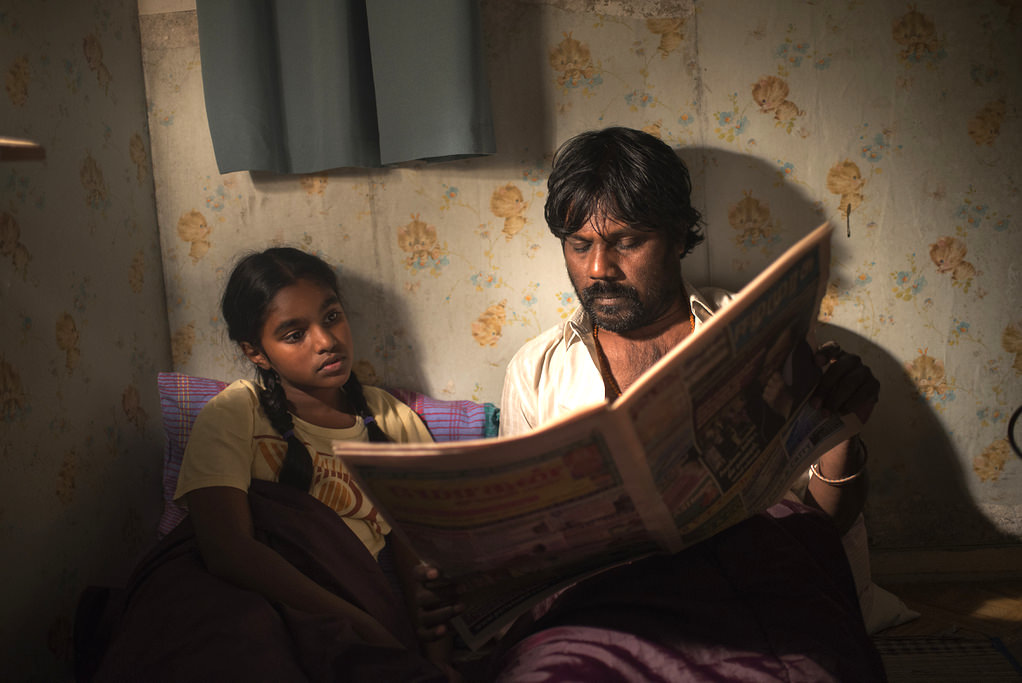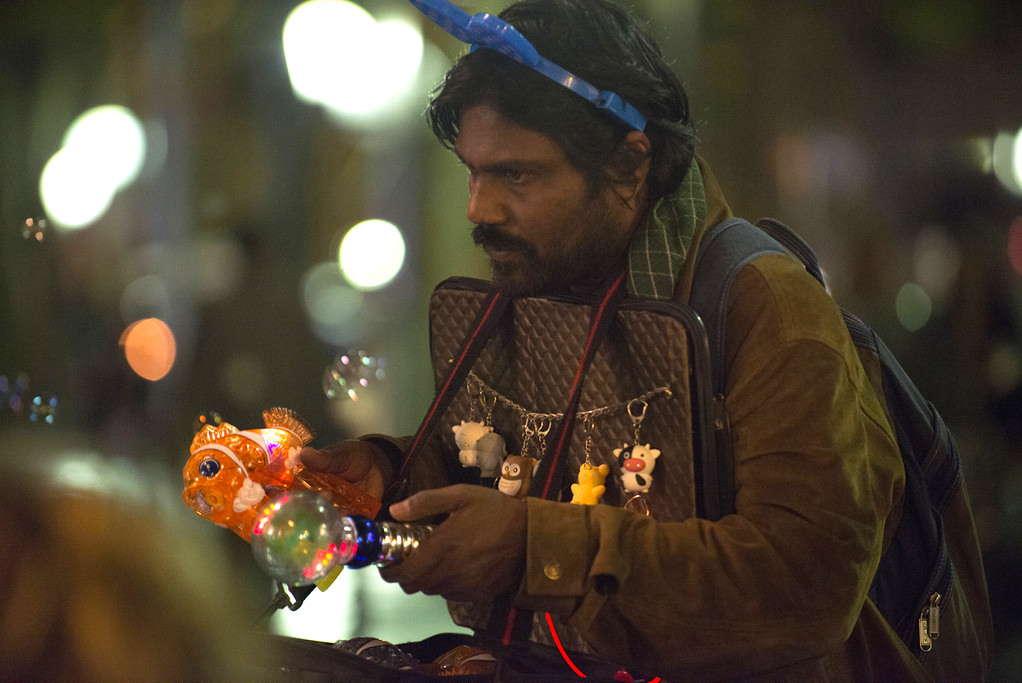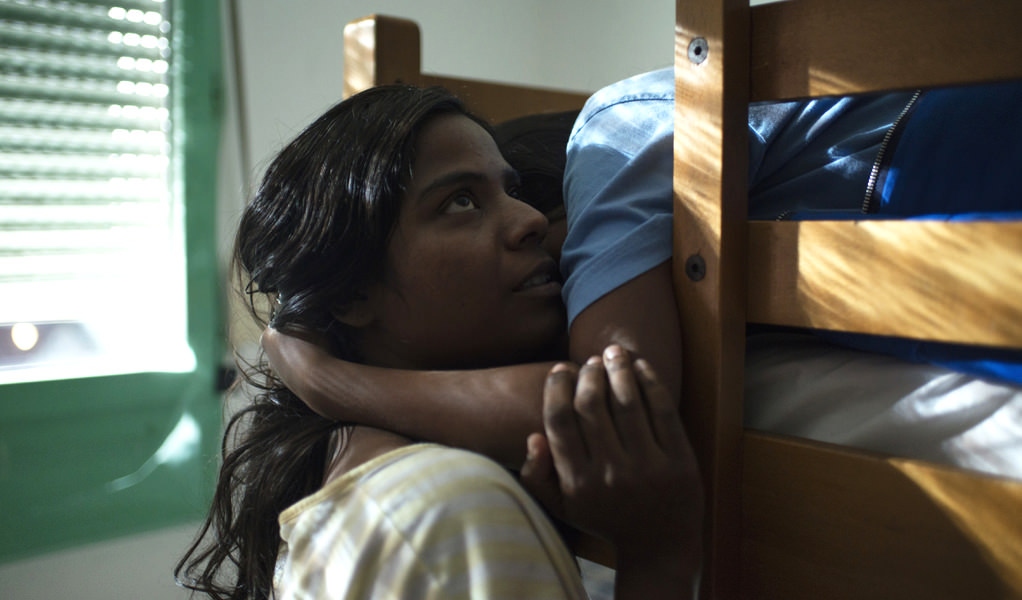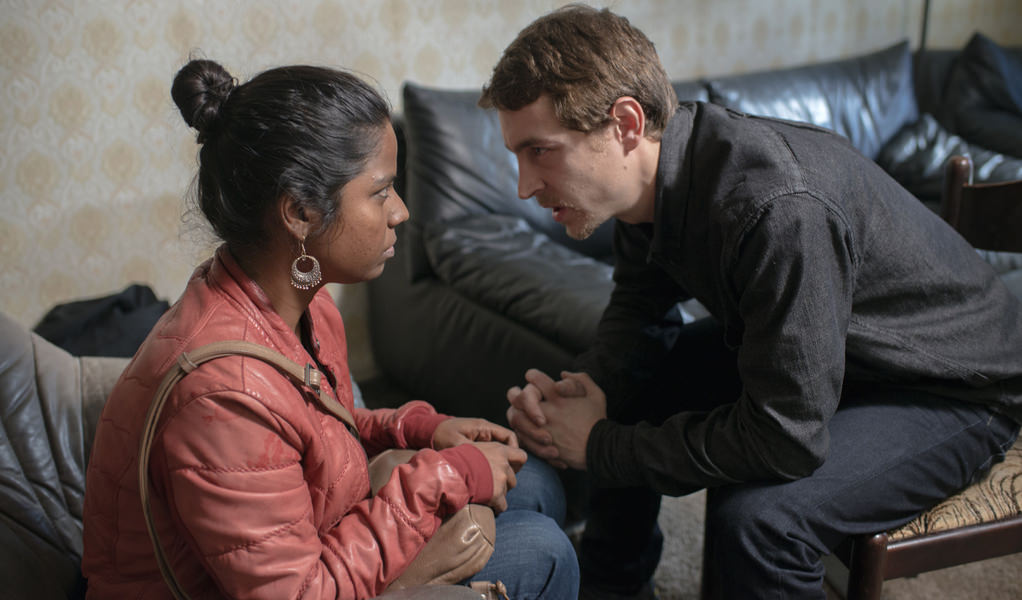
Exodus may be too biblical a term to describe the status quo of collective migration on the international front. The European migration crisis is one of the most unfortunate episodes in recent history, and the worst part about it is that there is no straightforward solution in sight. Mass departure has always been an issue because of the multiple policies that govern migration between international borders, which are not only complex but also equivocal in practice. In the past few years, this has grown to a deafening magnitude and has become a subject as critical as any other that is seen as a threat to humankind.
People make the difficult decision to move when they are persecuted; when their life is threatened; when all other doors are closed in their own country. But what happens when the destination is as horrid and untoward as the source? French filmmaker Jacques Audiard’s 2015 film Dheepan, which won the Palme d’Or, the top prize at the prestigious Cannes Film Festival earlier this year, tries to answer that question about the immigrant experience. It talks about Sivadhasan, who served as a Tamil Tiger soldier in the deadly Sri Lankan Civil War, and who tries to secure political asylum in the West. The film focuses on the tribulations of refugees trying to acclimatize themselves to the new surroundings, simultaneously living in fear and constantly looking over their shoulders for possible danger.
“People make the difficult decision to move when they are persecuted; when their life is threatened; when all other doors are closed in their own country. But what happens when the destination is as horrid and untoward as the source?”

Sivadhasan succeeds in his initial struggle to procure the fake identity of an unknown, slain activist named Dheepan. His only problem is that he has to accompany, and subsequently pretend to be the husband and father of a woman and a young girl, respectively, to his destination. Played exceptionally by Antonythasan Jesuthasan, thirty-something Dheepan is followed by his new family, wife Yalini (Kalieaswari Srinivasan) and daughter Illayaal (Claudine Vinasithamby), as they fly to the French capital as refugees, supported by the country’s immigration office.
Illayaal is not Yalini’s daughter, and as a matter of fact, Yalini never married, but had to choose to tag along with strangers after her parents and elder brother were bludgeoned to death by the renegade military faction Liberation Tigers of Tamil Eelam (LTTE) on the grounds of suspicion of being spies. This in itself is the sheer brilliance of the film, which triggers what turns out to be an engaging connection and source of gushing emotions of love and family between three people who are not related to each other.
“An engaging connection and source of gushing emotions of love and family between three people who are not related to each other.”

Other than powerfully describing the immigrant crisis, Audiard samples human love at its most basic level. Human emotions take charge and try to salvage the situation without the persons’ permission. How three strangers occupy a space in a foreign land, pretending to be a family and then with time, find themselves inching closer to each other, mostly because the world outside the four walls is hostile and the only ones who they can turn to for solace are each other. Dheepan wants to forget his past but the past doesn’t seem to be done with him, as he later realizes in a belligerent neighborhood while working as a caretaker for a bunch of delinquents. Yalini is fighting her own demons as she is fascinated by a showman who pulls the trigger of his gun whenever he is happy, while Illayaal finds it hard to make friends, and irritating to make peace with her inflexible so-called mother. Yalini knows that Illayaal hates her guts, but she has no choice other than to cope with the circumstances, even though she can barely resist the temptation to take the next train to find her relative who lives somewhere in London. Dheepan thoroughly understands the situation, but his family doesn’t, which ultimately affects their fates.
“Three strangers occupy a space in a foreign land, pretending to be a family and then with time, find themselves inching closer to each other, mostly because the world outside the four walls is hostile.”
There must be a reason why Dheepan was not a unanimous choice among the Cannes jury for the highly coveted award. Cannes has always chosen films that throw light on topics which are current and which are also explosive and sensitive to talk about. It’s easy to see why the Romanian film ‘4 Months, 3 Weeks, and 2 Days’ (which talks about illegal abortion) and the French-Tunisian drama ‘Blue is the Warmest Colour’ (about love between two women) won the award in 2007 and 2013 respectively. The second act of the film, where Dheepan’s past comes back to stab him in the heart, is what I personally had issues with. The reason why the handful of characters, who had initially driven the story swiftly to a conclusive allegory, do what they do towards the end, is slightly vague for what preceded it. No doubt that calamity was hanging over the characters like an overcast grey sky, but reacting to it is what costs them the hassle.

“Dheepan may not be the strongest to don the title of the best critical film of 2015, but it sure is the strongest depiction of its subject matter, yet”
From the artful title screen to the action sequences towards the end, the makers have invested great effort in creating this powerful drama. It has the right doses of humor and masterfully captures human emotion. One cannot ignore the impact of the story which represents the crisis as brilliantly and capably as the medium of cinema can. The bottomline is that Dheepan may not be the strongest to don the title of the best critical film of 2015, but it sure is the strongest depiction of its subject matter, yet.
Dheepan, produced by Why Not Productions, was screened at the 2015 MAMI Mumbai Film Festival. The film won the Palme d’Or at the 2015 Cannes Film Festival. It was also shown in the Special Presentations section of the 2015 Toronto International Film Festival.















